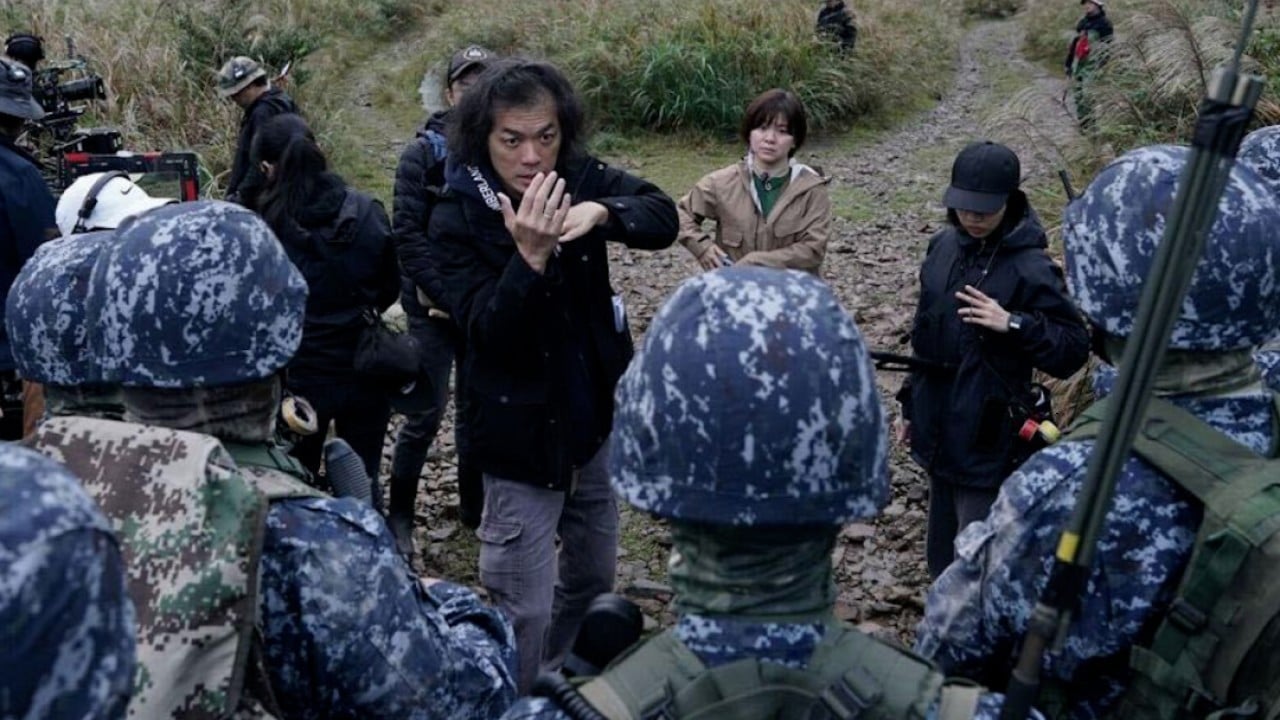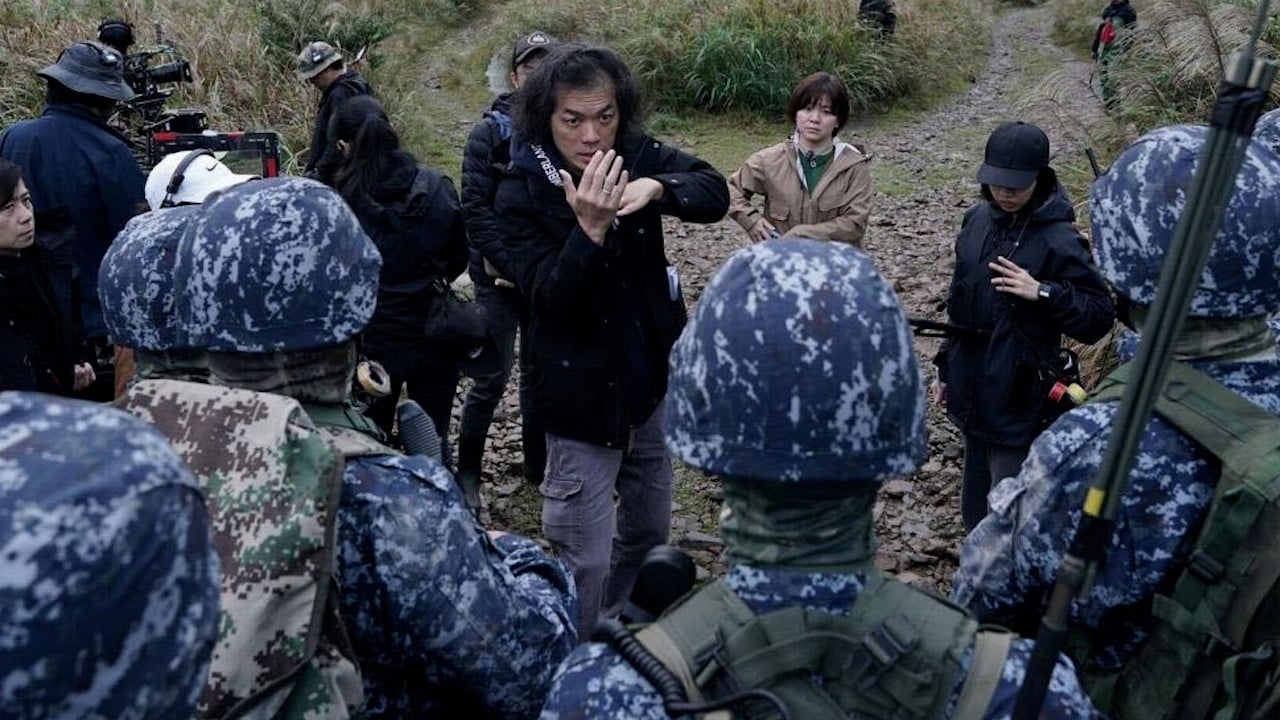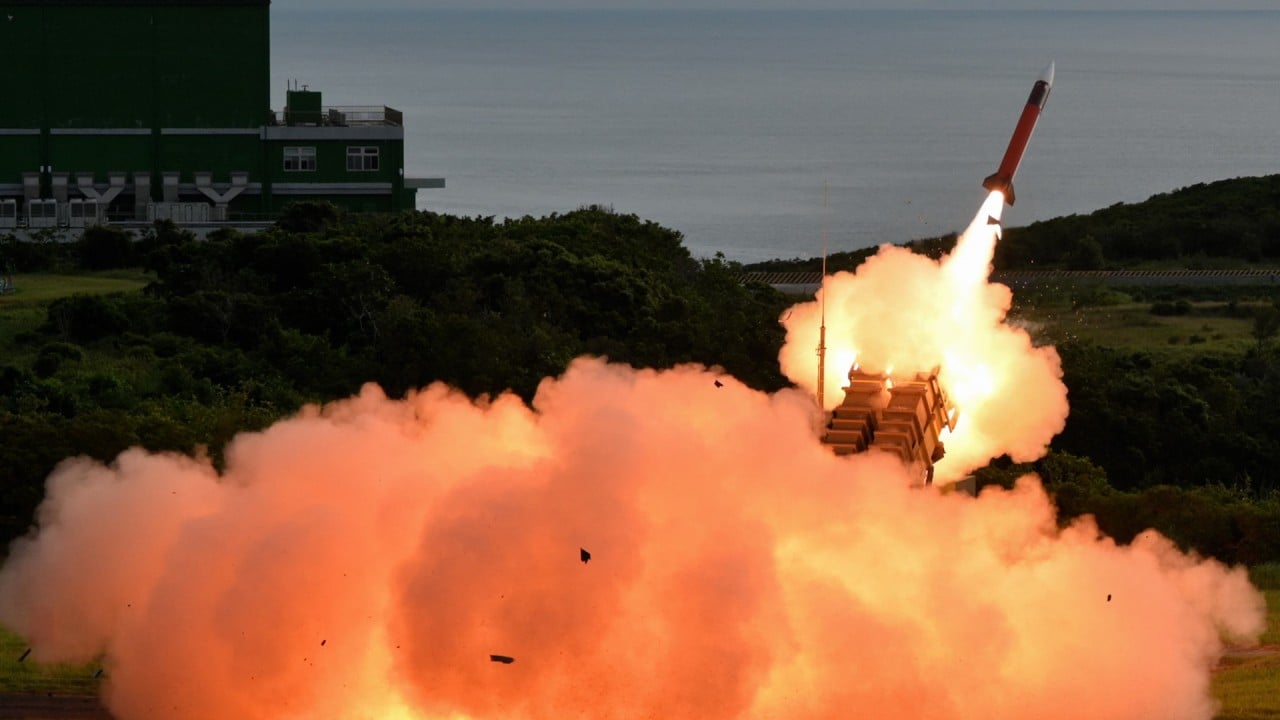Taiwan is building at least five bases to house US-made Harpoon missiles as it seeks to bolster coastal defence amid escalating cross-strait tensions.
The bases, four in southern Taiwan and one in the eastern county of Taitung, are being set up in anticipation of the navy’s procurement of the advanced US missiles from 2026.
Four contracts valued at NT$4.75 billion (US$148.7 million) in all have been awarded to build the southern facilities, following a bidding process launched in June.
According to information released last week by the government procurement website, the contractors will be building one base each in Tainan and Kaohsiung, and two in Pingtung, all counties facing the mainland across the Taiwan Strait.
Work on the Tainan base began last Wednesday, and that for the other three should start shortly, the website said.
All four bases are expected to be ready in three years’ time.
The defence ministry is also expected to announce the primary contractor for the eastern Taitung base this week.
The navy’s original plan included a sixth Harpoon missile base, in the southwestern county of Yunlin. However, this met with strong opposition from locals concerned about noise and the risk of becoming a target in the event of an attack by the People’s Liberation Army (PLA).
The Taiwanese military was still in talks with the locals and hoped to bring them around, the defence ministry said in April.
The bases are expected to strengthen defence capabilities, including military responses, in case of a blockade of southern and southwestern Taiwan by PLA Navy ships.
According to Taiwanese media, the bases could also host locally made anti-ship missiles, including the Hsiung Feng II, the original Hsiung Feng III and its extended-range version.
Beijing sees Taiwan as part of China to be reunited by force if necessary. While the United States, like most countries, does not recognise the self-governed island as an independent state, it is opposed to any attempt to take it Taiwan by force and is legally bound to arm it to help it defend itself.
In 2020, the US approved the sale of 100 land-based Harpoon anti-ship missile systems to Taiwan. The cutting-edge weapons are expected to have a slightly greater range than the existing Harpoons deployed by the US.
As reported by the US Defence Security Cooperation Agency in October 2020, the package includes up to 400 RGM-84L-4 Block II surface-launched Harpoon missiles and four RTM-84L-4 Block II manoeuvre missiles, as well as 100 launcher transporter units and 25 radar trucks.
The primary goal of the sale was to help Taiwan “maintain a credible defensive capability” and contribute to “political stability, military balance, economic progress, and security in the region”, the agency said at the time.
The systems would help Taiwan to effectively counter maritime aggression, coastal blockades and amphibious assaults, addressing both current and future threats, it added.
According to Taiwan’s defence ministry, all Harpoon systems are expected to be delivered by 2026 and fully integrated into the military by 2030. Taiwan also requested an additional 60 missiles in 2022.
The island has faced increased threats from across the Taiwan Strait since 2016, when Tsai Ing-wen, from the independence-leaning Democratic Progressive Party, started her first term as Taiwanese leader and rejected the one-China principle guiding cross-strait ties. Beijing responded with an escalation in military intimidation, which intensified since mid-2022 as she deepened US exchanges.
Cross-strait relations have deteriorated further since William Lai Ching-te, also of the DPP, was elected to succeed Tsai in January.
Beijing says Lai is a “troublemaker” with a stubborn independence stance and has warned that he would bring the risk of war to Taiwan. Lai caused ructions also with his inaugural speech, when he stated that Taiwan and the mainland were “not subordinate to each other”, a stance Beijing views as unacceptable.




